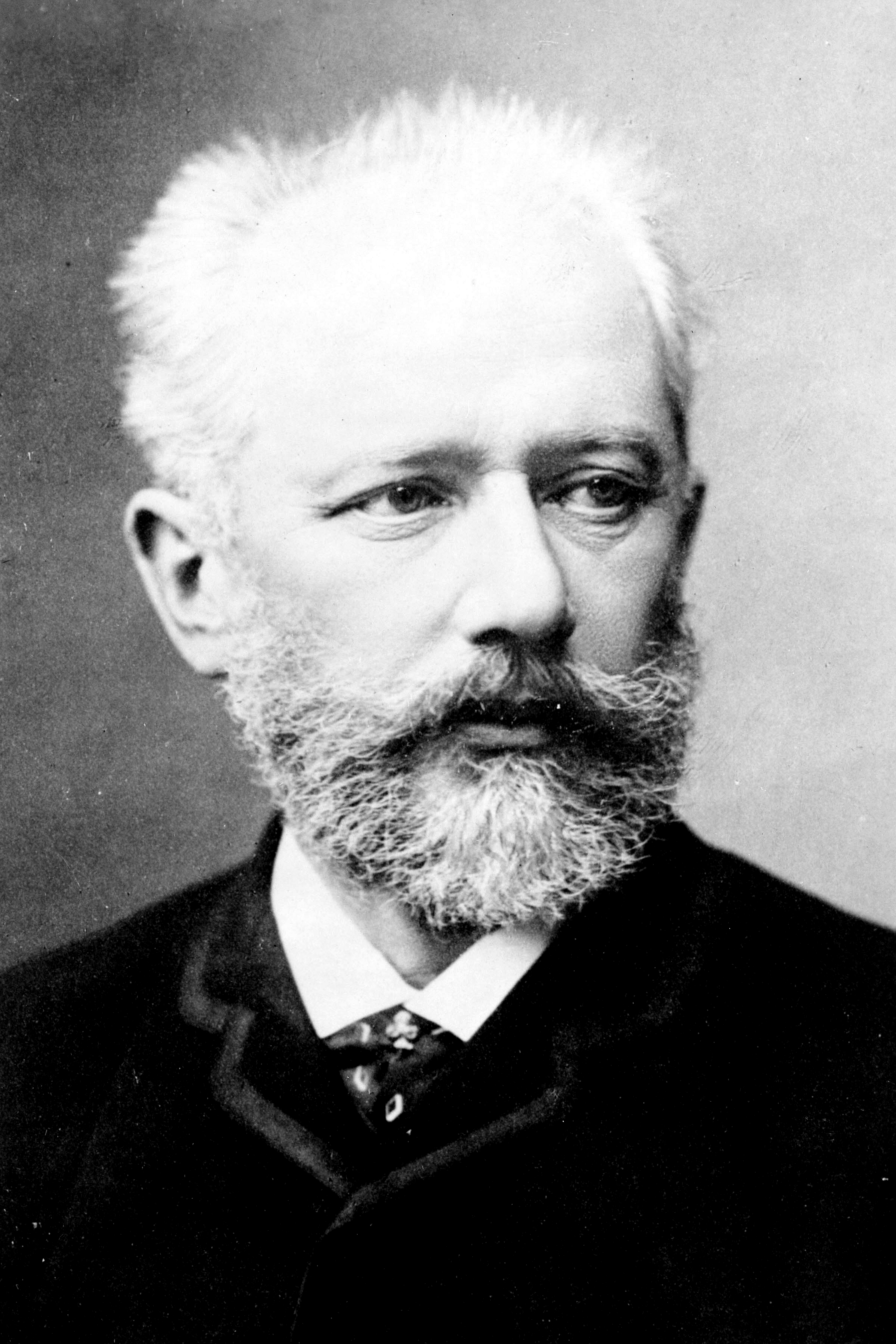Pyotr Ilyich Tchaikovsky
Composer • 1840-1893
Russian composer of the Romantic period, known for his ballets and symphonies.

Daily Schedule
What to Learn from Pyotr's Routine
Tchaikovsky's routine centered on his daily walk, which he believed was essential to his health and creativity. The two-hour walk (1-3 PM) was taken in all weather, and he was superstitious about its duration—he believed cutting it short would bring bad luck. His morning administrative work (9:30 AM-noon) handled correspondence and proofs, clearing mental space for afternoon composition. The composing session (4-6 PM) at the piano was when he developed musical ideas, though he often composed mentally during his walks. His evening reading and card games (8-10 PM) provided relaxation after creative work. The routine reveals Tchaikovsky's belief in the connection between physical health and creative output. His walks weren't just exercise but active composition time—he'd return from walks with fully formed musical ideas. The routine also shows his struggle with depression and anxiety: the rigid structure provided stability and predictability that helped manage his mental health. His productivity was remarkable—ballets like 'Swan Lake' and 'The Nutcracker,' symphonies, concertos, and operas all emerged from this disciplined routine.
Key Takeaways
- •Walking is essential for creative thinking
- •Routine provides stability for mental health
- •Separate administrative from creative work
- •Physical health supports creative output
Sources
- • Tchaikovsky by Roland John Wiley
- • Daily Rituals by Mason Currey
More classical music Routines
Similar Routines

Benjamin Franklin
Polymath, Inventor, Founding Father
One of America's Founding Fathers, Franklin was a writer, scientist, inventor, statesman, diplomat, printer, and political philosopher.

Maya Angelou
Poet, Author, Civil Rights Activist
American memoirist, poet, and civil rights activist, best known for her series of seven autobiographies.

Ludwig van Beethoven
Composer, Pianist
German composer and pianist, one of the most admired composers in the history of Western music.

Wolfgang Amadeus Mozart
Composer, Musician
Prolific and influential composer of the Classical period, known for his operas, symphonies, and chamber music.

Charles Darwin
Naturalist, Biologist
English naturalist whose theory of evolution by natural selection became the foundation of modern evolutionary studies.

Franz Kafka
Writer
German-speaking Bohemian novelist and short-story writer, widely regarded as one of the major figures of 20th-century literature.